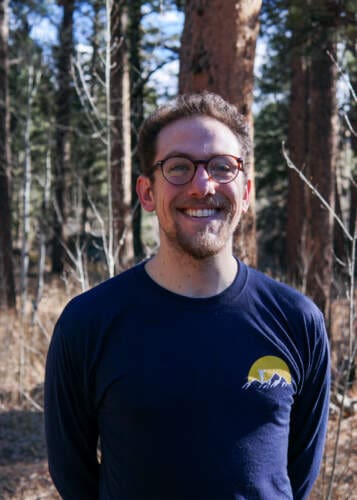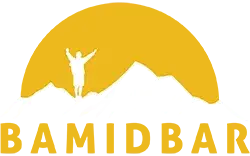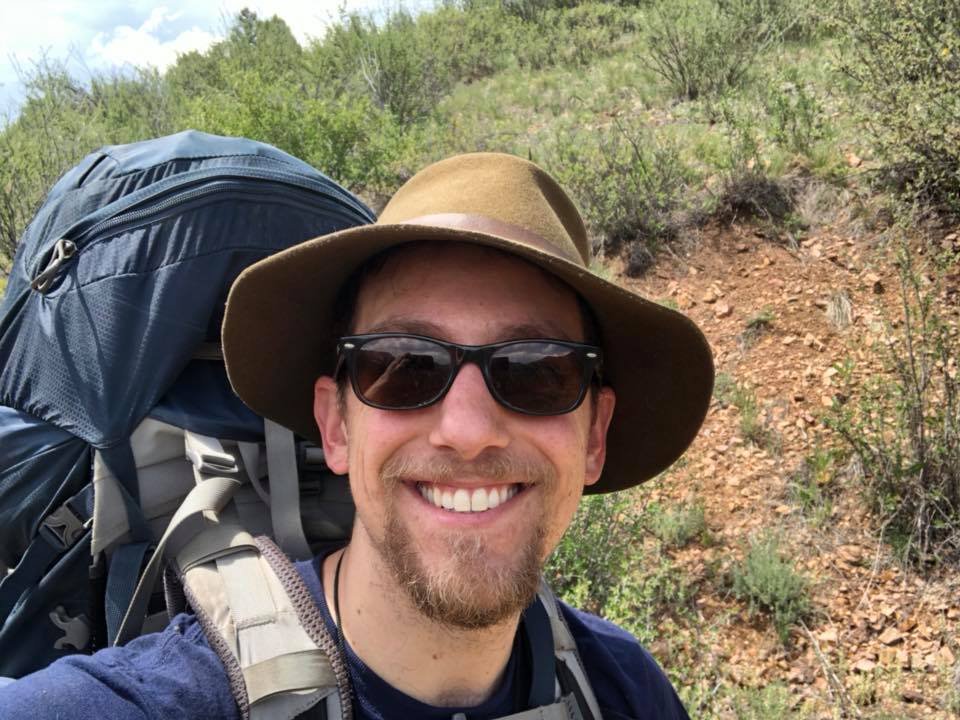By Dave Yedid
Now that summer is here, I feel both inspired and exhausted as I reflect on my first year of rabbinical school at the Jewish Theological Seminary. These past nine months have passed largely at 122nd and Broadway, in air conditioned rooms with faint sounds of traffic and construction, as I delved into Midrash, Tanakh, Talmud, Modern Hebrew, Theology, liturgy, and more. I am lucky to have spent a year learning intensively, growing as future rabbis together with my cohort.
Before rabbinical school, I worked for a secular wilderness therapy program in Central Oregon, living for eight-day shifts in the woods supporting teenagers and young adults work through acute traumas such as suicidal ideation, addiction and mental health struggles. I camped in three feet of snow with people who, at times, wanted to hurt themselves. This work was intense and sacred. My life last year could not look more different than my life this year. I was living in a small town with an even smaller Jewish community, and never sat in an air-conditioned room to learn Jewish sacred texts.
The past four years of my life–oscillating between wilderness-based youth work and learning Talmud and Torah in New York–have been my attempt to bridge the two magnetic poles of my soul. While I am still very much at the beginning, this year has shown me the multiple paradigms of what a rabbi can, should, and needs to be. Rabbis must be–all at once–teachers and transmitters of Torah, deep listeners, pastors who show deep care for their congregants in crisis and in daily life, prophets in how they speak and act in the face of moral issues, and poskim who make suggestions using Jewish ritual and law. Woah. That’s a lot. These paradigms are daunting. My internal dialogue goes: “I can’t be all of those things! That’s impossible.” But I can strive toward them, throughout these next four years of training, and all the more so when I have semicha. When I think of my most significant mentors, they do not possess all of these things in totality, but they have one or two that burn brightly in their leadership.
My life has shown me the extremes of joy and sorrow and given me the ability to empathize with those who stand in darkness. I am not afraid of death and mourning, addiction and suicide, abuse and trauma. I find God in the darkness. It is through stepping into darkness with others, and holding their hand while they take those first steps forward, that healing begins.
I feel most called to the paradigm of rabbi as healer. Healing is the steady thread on the winding path that led me toward rabbinical school. Working in trauma care is part of me and will remain so. As a rabbi, I will not employ clinical models or listen in weekly sessions behind closed doors as a therapist would. Instead, I stand for spiritual wellness, commitment to mitzvot, grappling with God, rich public life, and Jewish communities that care deeply for one another. I have always been drawn to those who fall through the cracks of our Jewish institutions, particularly those struggling with mental illness and addiction.
But how do we create a paradigm of healing, a culture of care? What does it mean to be a member of community who shows and receives care? In caring for myself, I go on (short) morning runs along the Hudson River before heading to school.Moving my body and eating nourishing food allowed me to feel present at tefilah and in my classes, and continue to build relationships with my cohort.
My hope for the next four years of rabbinical school is to participate in communities and foster relationships that place love of Torah and deep mutual care at the center of everything we do. I want to honor the rabbis, Jewish professionals, chaplains, mental health professionals and many more who do this often quiet, unseen, holy work every day. I hope, as clergy, we can remove walls of shame that surround mental illness and addiction in our communities and begin to see individuals struggling inside the walls of our synagogues, schools, and homes.

Dave Yedid,
Rabbinical student at JTS, Rabbinic Intern for BaMidbar Wilderness Therapy,
Wexner Fellow and current Rosh Edah at Ramah in the Rockies

